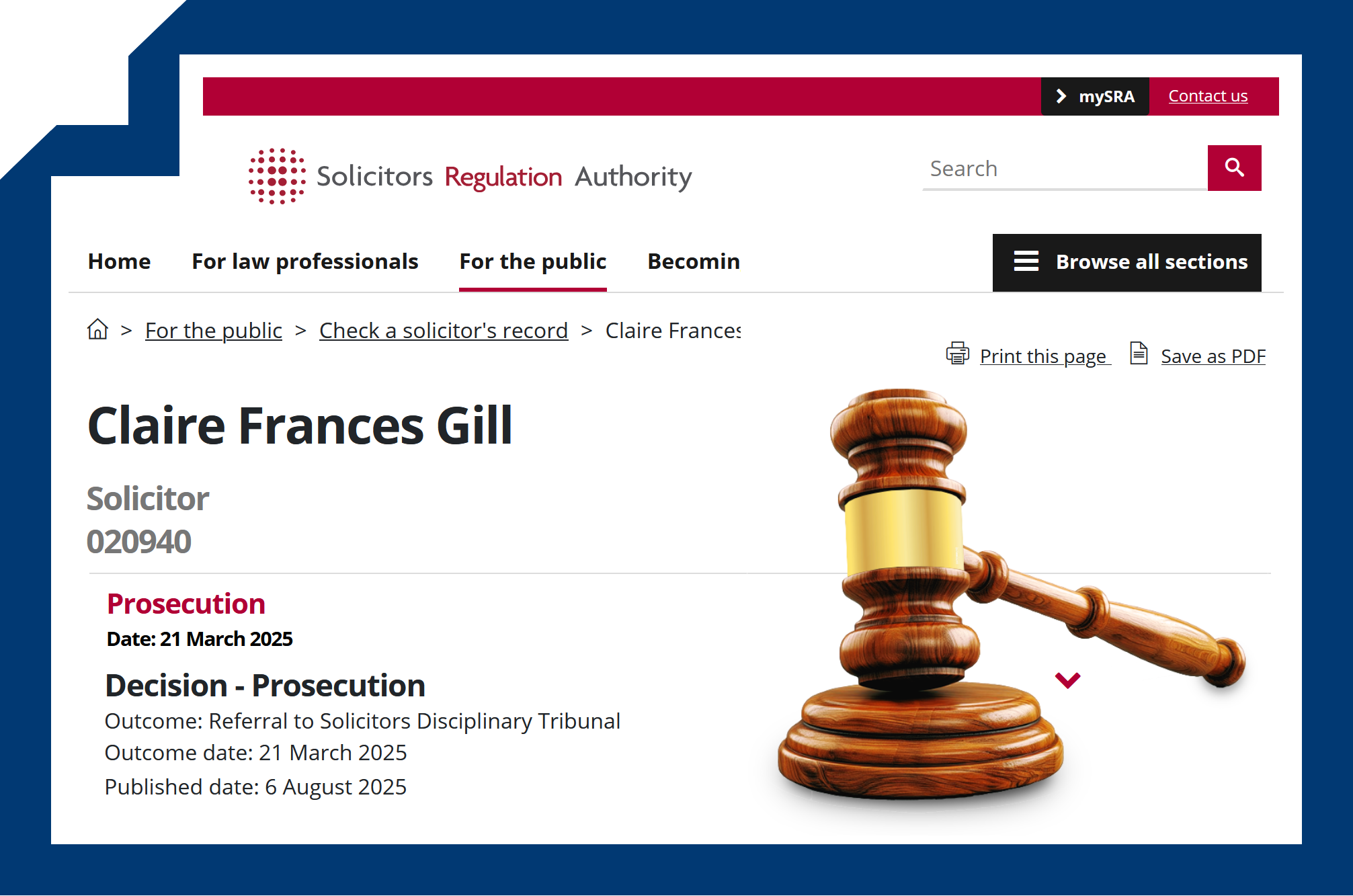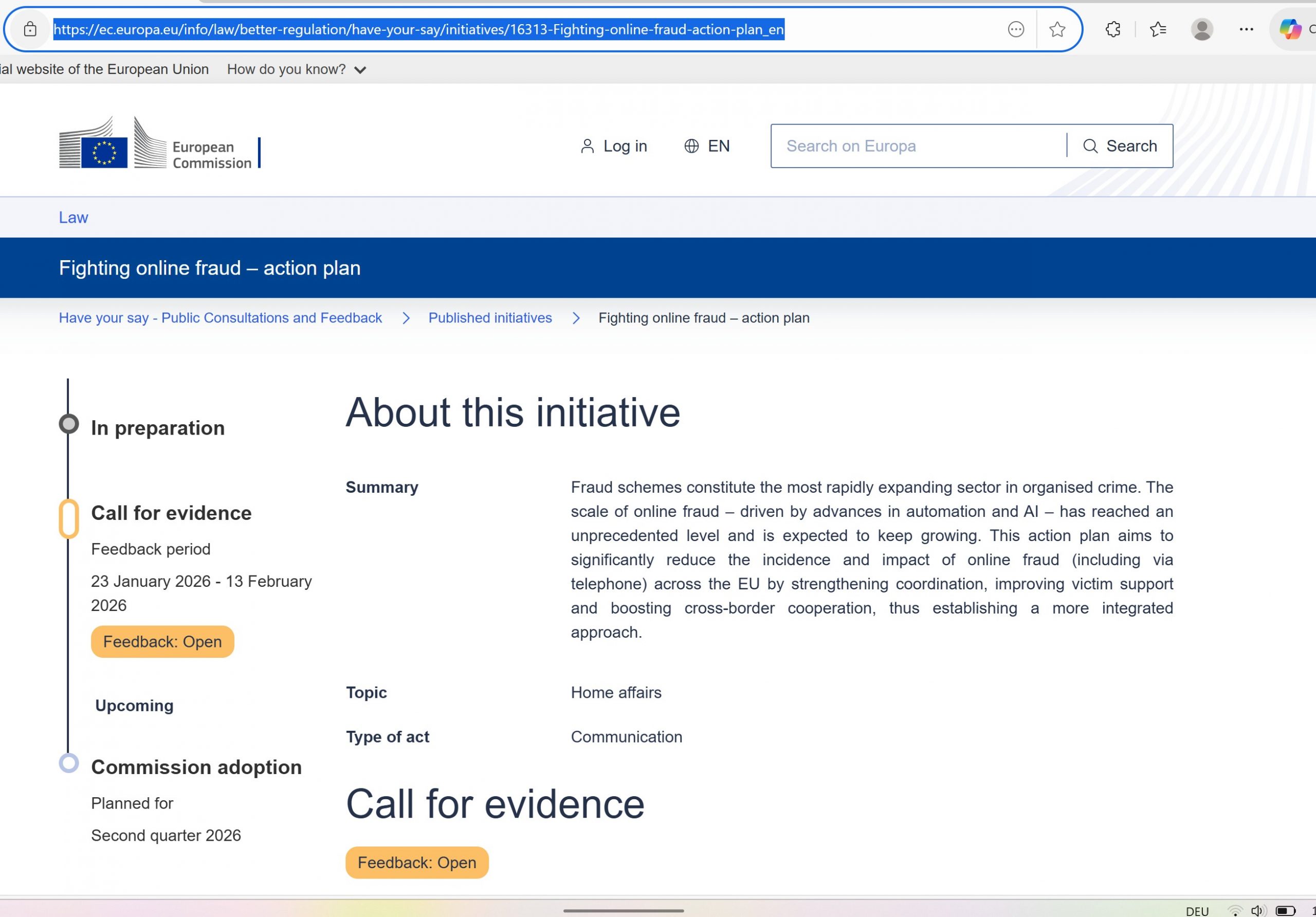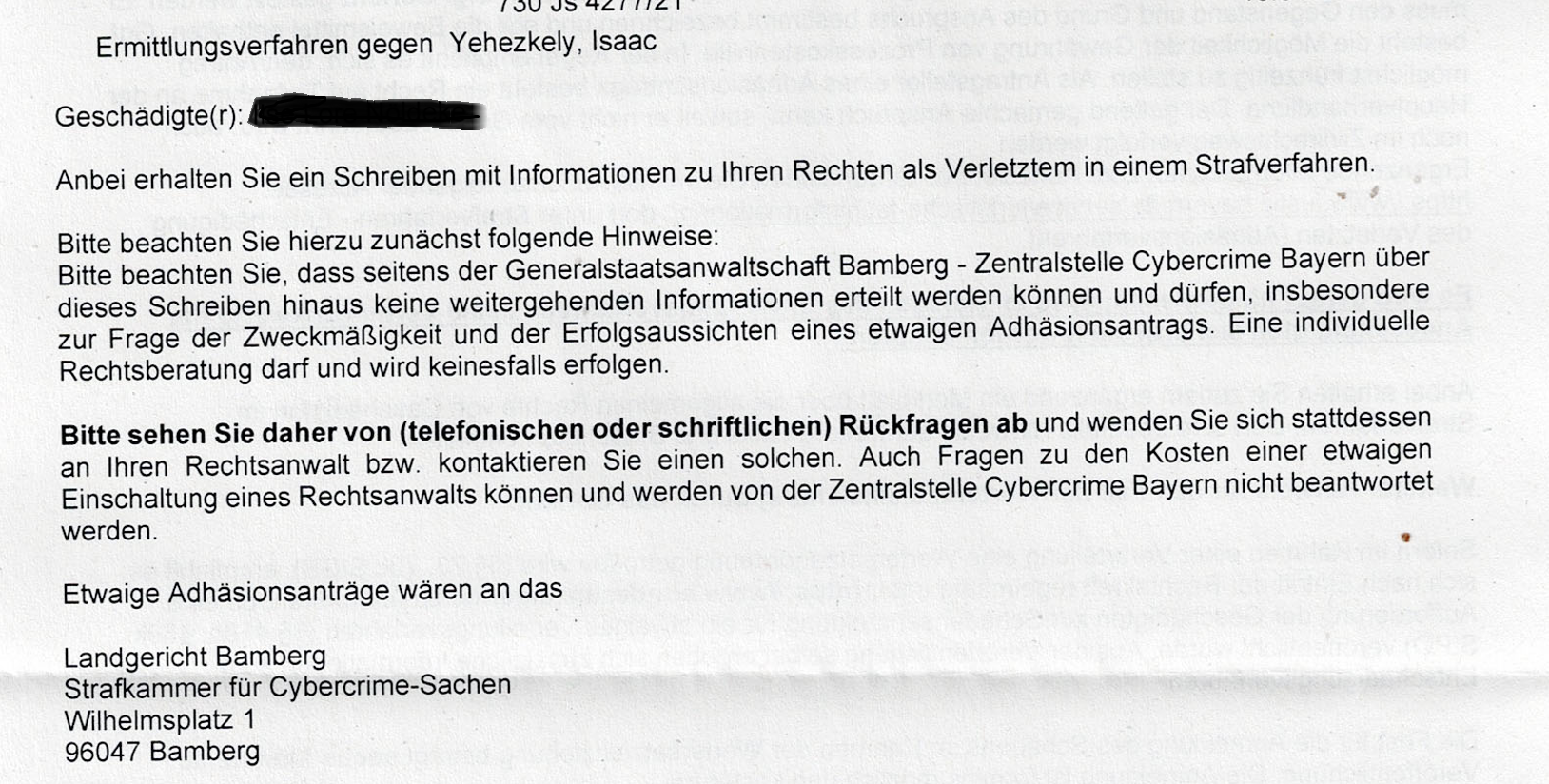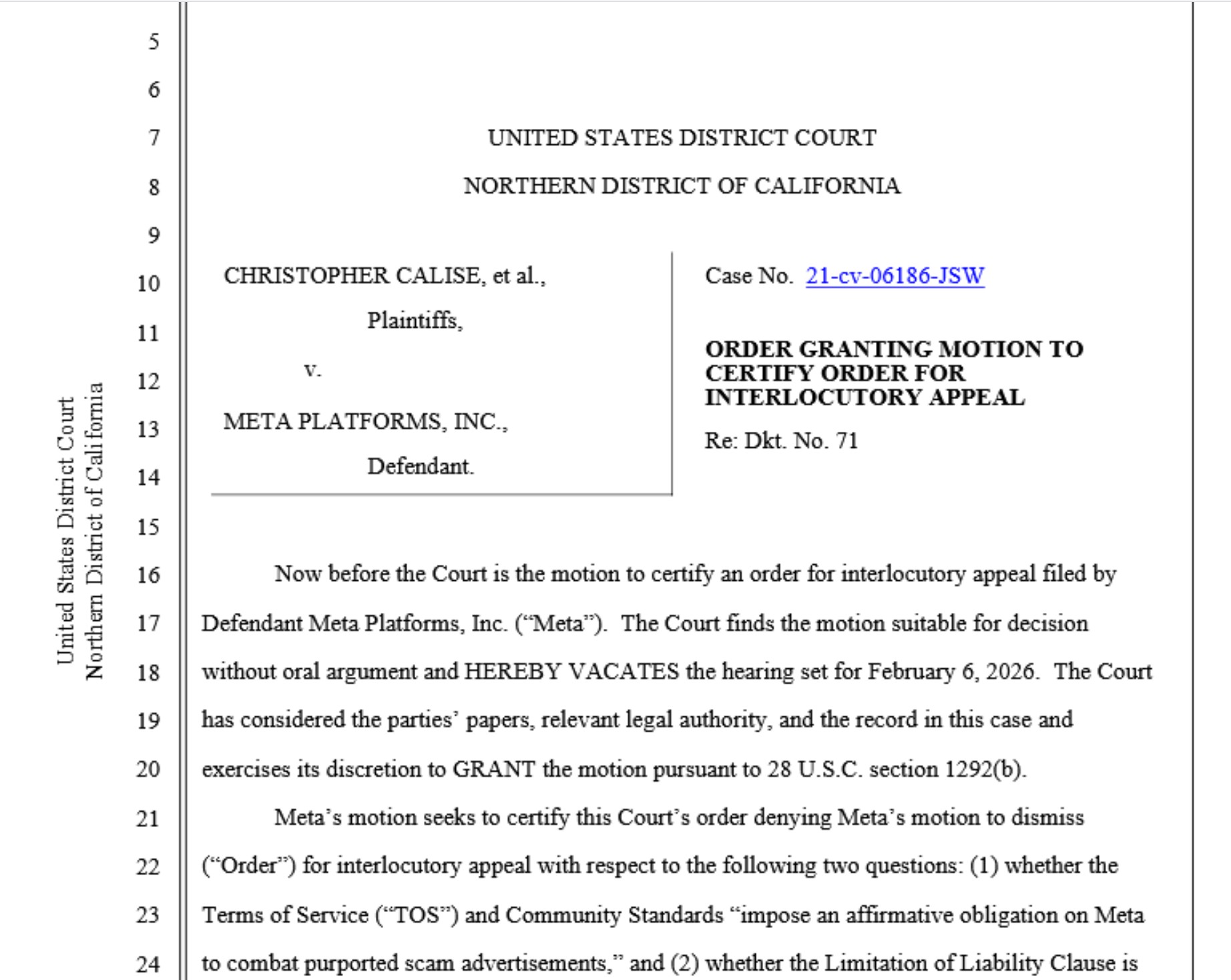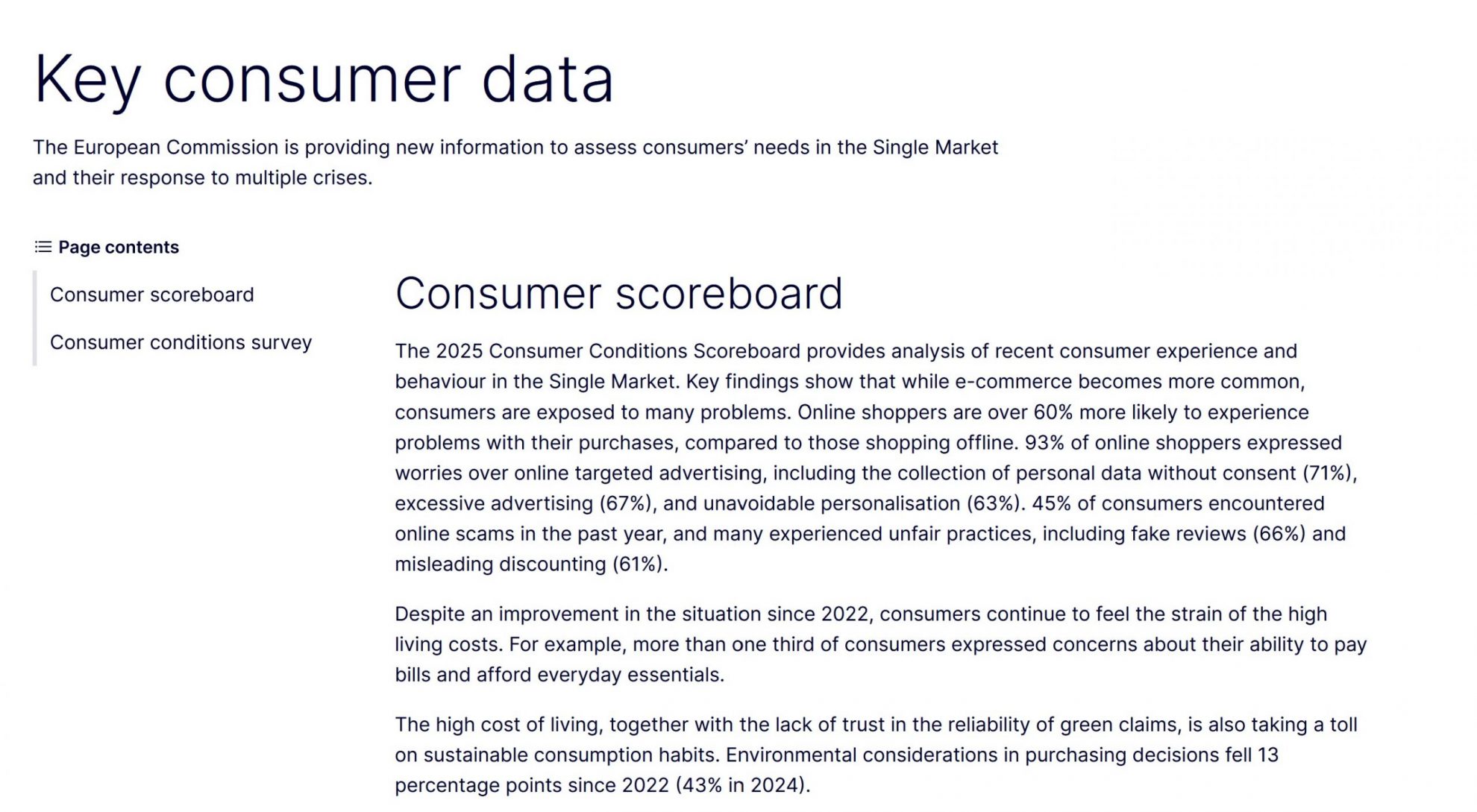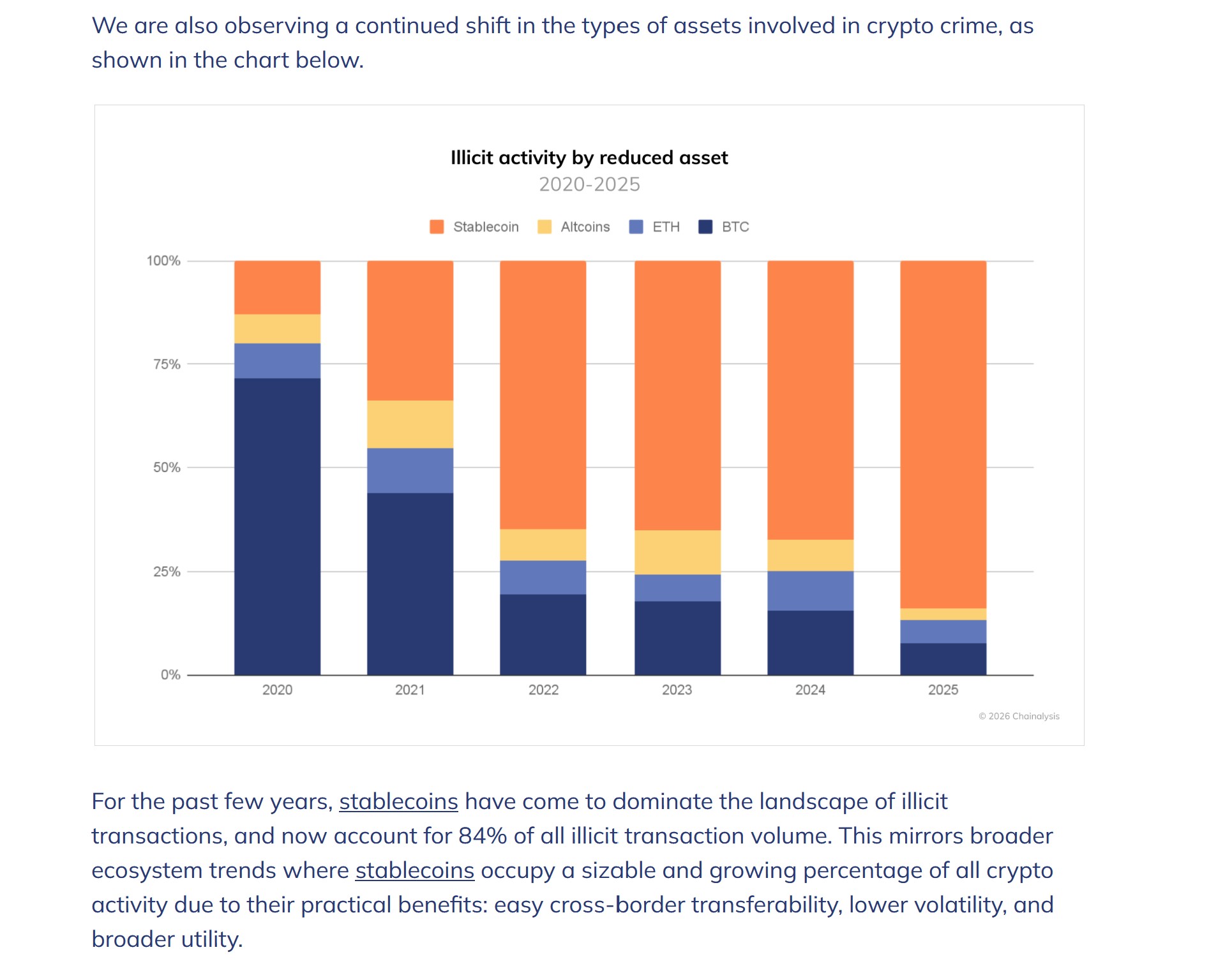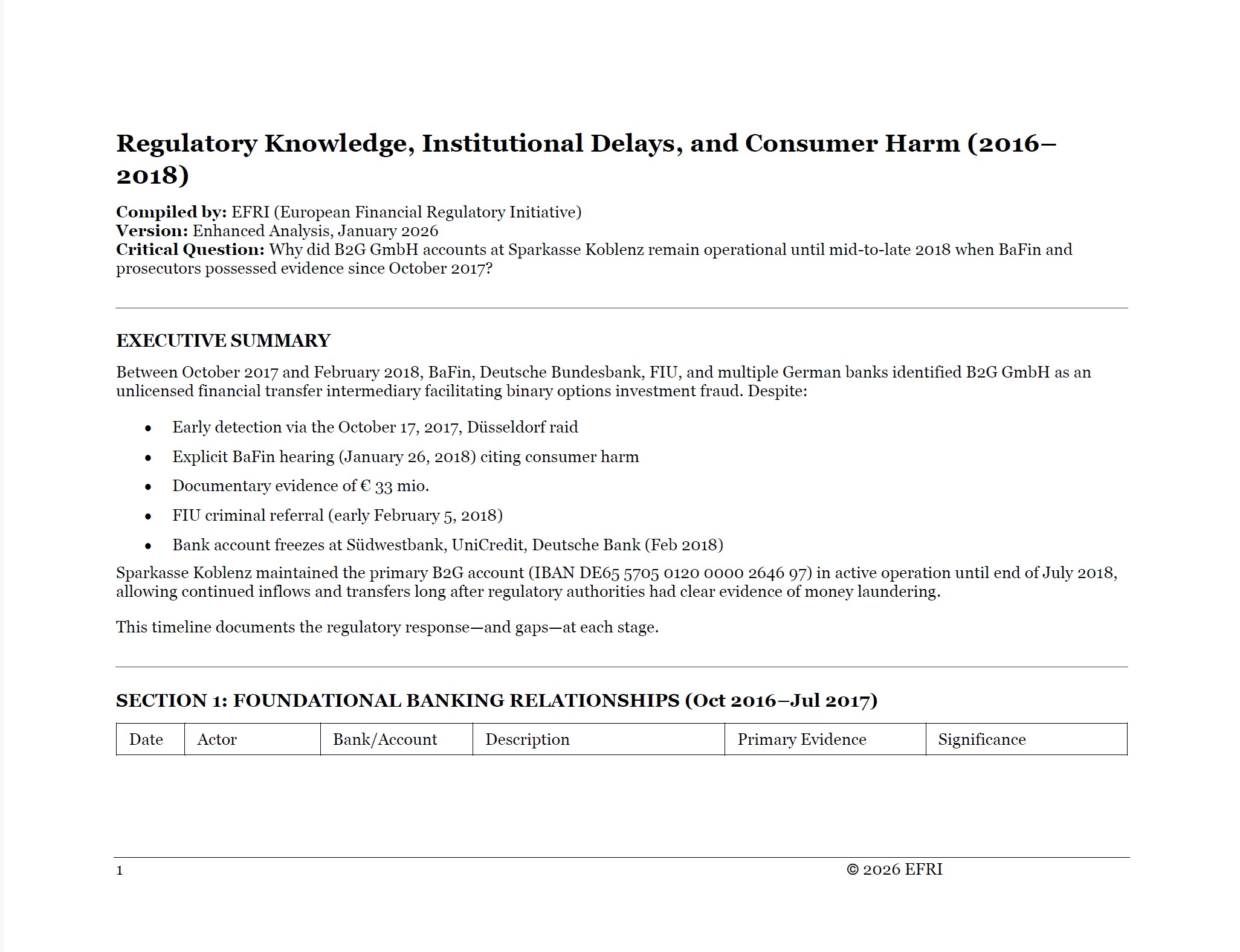Carter-Ruck, one of the UK’s most feared libel law firms, is facing disciplinary proceedings over its role in the £4 billion OneCoin scam. The Solicitors Regulation Authority alleges partner Claire Gill made an improper threat designed to silence criticism, raising serious questions about how elite law firms can become financial crime enablers.
OneCoin – A £4 Billion Fraud Shielded by Aggressive Lawyers
OneCoin, founded in 2014, promised cryptocurrency riches but was, in reality, a massive Ponzi scheme that stole an estimated £4 billion from victims worldwide. Its co-founder Ruja Ignatova is still on the FBI’s Ten Most Wanted list.
While journalists and whistleblowers were raising the alarm, OneCoin retained Carter-Ruck, Britain’s most feared libel law firm, to target critics and block damaging coverage.
Carter-Ruck’s Actions – From Reputation Defence to Fraud Suppression
September 2016: Carter-Ruck threatened CoinTelegraph with legal action for calling OneCoin a “scam
April 2017: Carter-Ruck partner Claire Gill sent a legal letter to OneCoin victim Jen McAdam, accusing her of defamation and demanding a retraction within seven days. McAdam had spoken publicly about the fraud, including in a webinar with blockchain expert Bjorn Bjercke.
Mid-2017: Carter-Ruck pressured the UK Financial Conduct Authority (FCA) to remove its public warning on OneCoin – the FCA withdrew the notice just three weeks later, giving the scam more breathing room.
In our opinion and from talks with some OneCoin victims, by forcing the FCA to remove its public warning, Carter-Ruck handed the OneCoin fraudsters a licence to steal. The removal paved the way for tens of thousands of innocent people to pour their life savings straight into the scam.
The SRA Disciplinary Action Against Claire Gill
In August 2025, the Solicitors Regulation Authority (SRA) announced it would prosecute Claire Gill for making an “improper threat of litigation” in her letter to McAdam. The allegation: the threat was designed not to correct falsehoods, but to suppress legitimate criticism of a proven fraud.
The disciplinary action against Carter-Ruck was filed by Dan Neidle of Tax Policy Associates, whose complaint exposed how the firm’s tactics helped protect the £4 billion OneCoin scam.
In our opinion, it should not have taken a not-for-profit to trigger this case. The legal profession has its regulatory bodies and codes of conduct precisely to ensure that lawyers do not cross the line into enabling criminality. Yet, no internal action was initiated against Carter-Ruck until an external organisation filed a complaint. This failure speaks volumes about the profession’s reluctance to police its own — especially when powerful, well-connected firms are involved.
But let us enjoy the moment anyway, it is a rare and significant moment: a senior partner at one of the UK’s most high-profile libel firms being held to account for conduct that arguably facilitated a criminal enterprise.
Carter-Ruck has said it is “disappointed” by the decision and will fully support Gill’s defence.
EFRI Has Seen This Playbook Before
EFRI has seen this playbook before with lawyers. Only a few weeks ago, we filed a disciplinary complaint against the Dutch law firm BarentsKrans and its partner William Schonewille for their conduct in our legal case against Payvision and ING. – The legal case involved an ex-supervised Dutch payment service provider (Payvision BV) accused of facilitating large-scale investment fraud. BarentsKrans accepted a fixed-fee mandate to lodge an appeal. Before a critical filing deadline, they abruptly withdrew without proper handover, and after misleading us about their ability to file the appeal in time. They cloak their breaches of legal duties and ethical failures in false narratives and unsubstantiated accusations, all to shield themselves from accountability. The effect of BarentsKrans ‘ misbehavior – in our opinion – (intended or not ) weakened the victims’ legal position and shielded the defendants from full accountability.
Why This Case Matters to Fraud Victims Everywhere
Libel law as a weapon: When legal threats are used to silence victims and journalists, they shield criminals and allow fraud to flourish.
Erosion of trust in legal ethics: When elite law firms act as financial crime enablers, they betray the profession’s duty to the public interest.
EFRI’s Standpoint – Speaking as SLAPP Targets Ourselves
That is why we view the ongoing disciplinary proceedings against Carter-Ruck not just as a legal matter, but as a textbook example of how a prestigious law firm can act as a financial crime enabler – weaponising libel law to protect fraudsters and suppress truth.

